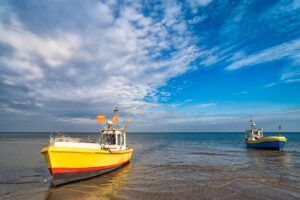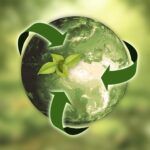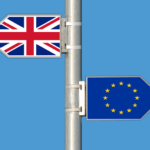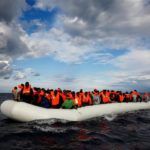ClimeFish offers various prediction models and strategies for reconciling growing fish consumption with depleting stocks due to climate change.
Europe currently accounts for 8 % of the world’s fish production in terms of volume. It imports 70 % of the fish and seafood it actually consumes. In fact, Europeans have never eaten so much fish.
The ClimeFish project aimed to solve this delicate equation: meeting the growing appetite of European consumers while ensuring a sustainable management of declining fish stocks.
Mission impossible? Not with accurate biological production models considering the variety of species and production sectors, says Prof. Michaela Aschan, coordinator of ClimeFish and Professor in Fisheries Biology and Management at the Arctic University of Norway.
A software to improve sustainability
“ClimeFish consortium has picked 15 case studies across seven different habitats representative of marine aquaculture, freshwater lakes and ponds, and marine fisheries. Our models cover the most important species and the least resilient exploited fish stocks, the most productive aquaculture species, emerging species, and species vulnerable to perturbations such as temperature increase,” explains Prof. Aschan.
Ultimately, the ClimeFish team hopes these models will enable zero hunger, good health and well-being, economic growth, industry innovation, and the sustainable utilisation of marine resources.All case studies come with forecasting models identifying risks and opportunities.
The project also devised strategies to improve long-term production planning and the policy-making process, which have been included in a framework including maps and charts, models, data for all case studies and decision support software (DSS).
“The DSS simulates and visualises the impacts of different climate change scenarios for three case studies, namely West of Scotland demersal fisheries, Hungarian pond production, and Greek marine aquaculture. It also encompasses economic impacts. We produced tutorials for stakeholders to make sure that they can easily understand and apply this tool for their needs,” explains Prof. Aschan.
Outcomes
Over the coming years, Prof. Aschan hopes that the project’s results will contribute to the development and implementation of climate adaptation and management plans for both the fisheries industry and the ecosystems it depends on.
“The main barrier to blue growth lies in how difficult it is for fishermen, producers, managers and policy-makers to make long-term plans, when they already have to deal with everyday challenges. The ClimeFish DSS allows them to plan for time periods of 10 years until 2060 under two different scenarios,” Prof. Aschan outlines.
“We have worked closely with the European Commission’s DG MARE to ensure that the project’s input is aligned with the EU climate adaptation strategy, and we have already had good success so far in implementing guidelines and developing CAPs in the case study areas and countries.”
With the UK having recently developed national CAPs for aquaculture and fisheries, Prof. Aschan is confident that other countries will follow suit and use the project’s guidelines when doing so.
More information
Climefish web page







Leave a Reply